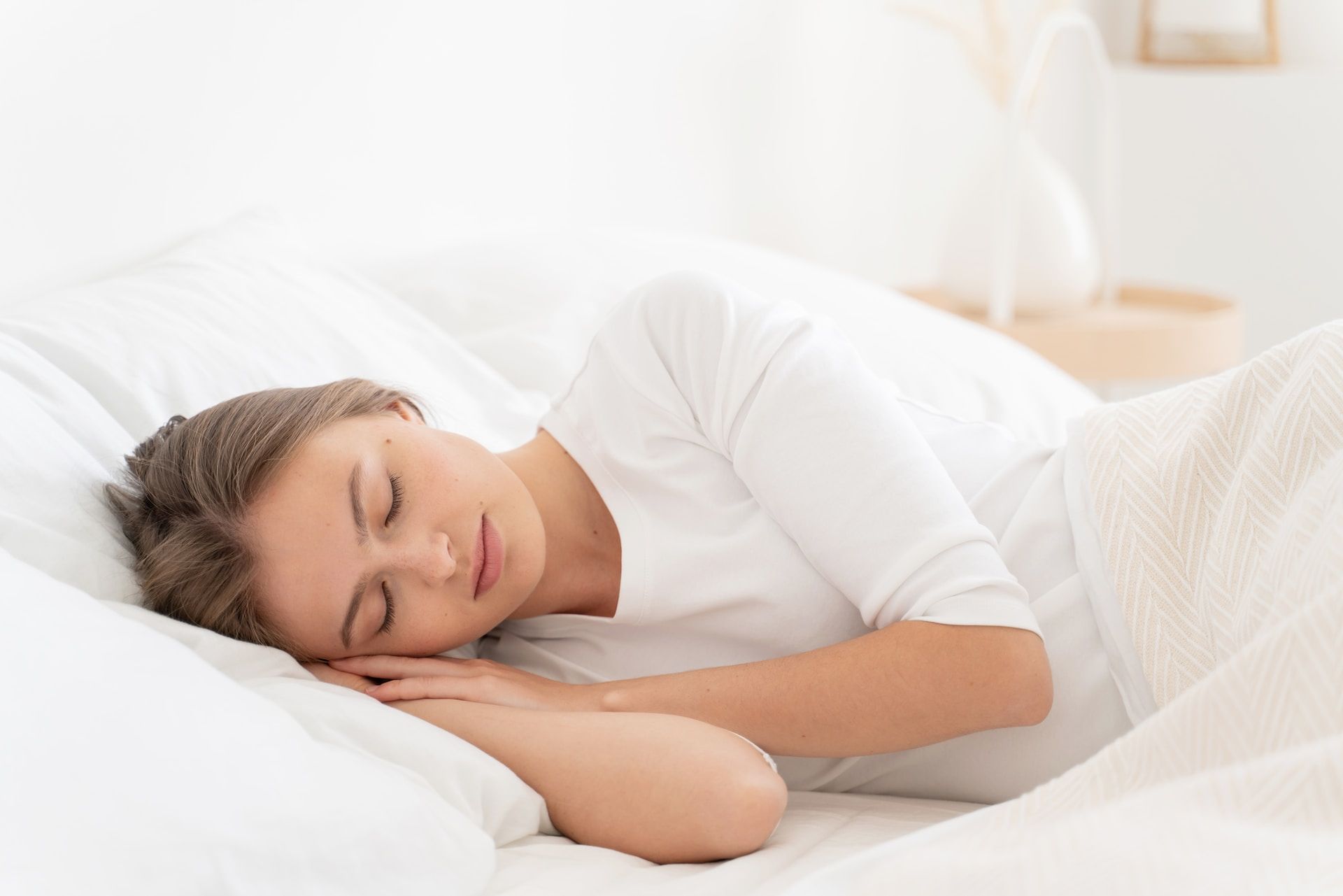Discover the CPAP Alternatives: Dental Sleep Medicine Solutions for Sleep Apnea Treatment

Continuous Positive Airway Pressure (CPAP) therapy is often regarded as the gold standard for treating sleep apnea, particularly the obstructive sleep apnea (OSA) subtype. While CPAP can be highly effective in keeping the airway open during sleep, some individuals may struggle with compliance, discomfort, or other challenges associated with using a CPAP machine. Fortunately, dental sleep medicine professionals can provide a range of alternative treatment options for sleep apnea, ensuring that every individual can find a solution that fits their needs and improves their sleep quality.
Based in Central Pennsylvania, our dental sleep medicine team is dedicated to helping individuals overcome the challenges of sleep apnea by offering personalized treatment options tailored to their unique circumstances. Our professionals understand that CPAP is not always the perfect solution for everyone; that's why we focus on providing alternatives to improve sleep, reduce health risks associated with sleep apnea, and enhance the overall quality of life for our patients.
In this article, we will explore the various CPAP alternatives available through dental sleep medicine, examine their advantages, and discuss the role of dental sleep medicine professionals in identifying the most suitable treatment option for sleep apnea. We will also provide an overview of the personalized treatment process, ensuring that you have all the information necessary to make informed decisions regarding your sleep.
Exploring CPAP Alternatives: How Dental Sleep Medicine Offers Effective Solutions for Sleep Apnea
Understand the Limitations of CPAP Therapy
Before delving into CPAP alternatives, it is essential to recognize the potential challenges associated with CPAP therapy that might lead individuals to seek other solutions. Some of the most common issues with CPAP therapy include:
1. Discomfort: The masks and straps used with CPAP machines can be uncomfortable for some users, causing skin irritation, pressure sores, or difficulty adjusting to the equipment.
2. Noise: CPAP machines may generate noise, which can be disturbing to the user as well as their sleep partner.
3. Inconvenience: CPAP machines require regular cleaning and maintenance, which some individuals may find time-consuming or cumbersome. Additionally, traveling with a CPAP machine can be inconvenient.
4. Claustrophobia: Depending on the style of the mask, some users may experience feelings of claustrophobia or restricted breathing from the close-fitting covering.
Dental Sleep Medicine Alternatives to CPAP Therapy
For those seeking alternative treatment options to CPAP therapy, dental sleep medicine offers a variety of solutions tailored to the specific needs and preferences of patients. These treatment options include:
1. Oral Appliance Therapy: Custom-fitted oral appliances are designed to reposition the lower jaw or tongue during sleep, ensuring an open airway and reducing the occurrence of sleep apnea episodes. Oral appliances are non-invasive, discreet, and easily adjustable, making them a comfortable and convenient alternative to CPAP machines.
2. Positional Therapy: Since some individuals experience sleep apnea predominantly when sleeping on their back, positional therapy involves the use of specialized devices or techniques to encourage side-sleeping. By preventing the sleep position that exacerbates or induces sleep apnea symptoms, positional therapy offers an alternative solution for those with mild sleep apnea or positional-dependent apnea.
3. Nasal Decongestion Treatment: In some cases, sleep apnea may result from nasal congestion or obstruction. In such instances, targeted nasal decongestion treatments, such as saline rinses, nasal steroids, or antihistamines, can be utilized to improve breathing and reduce sleep apnea episodes.
4. Weight Management and Lifestyle Changes: Maintaining a healthy weight and adopting lifestyle changes like regular exercise, proper sleep habits, and a balanced diet can significantly improve sleep apnea symptoms in conjunction with other treatment options. Weight loss, in particular, can help reduce the severity of sleep apnea in some cases as excess weight often contributes to airway obstruction.
How Dental Sleep Medicine Professionals Help Identify the Best CPAP Alternative
Dental sleep medicine professionals play a vital role in determining the most suitable CPAP alternative according to the needs and preferences of each individual. They follow a comprehensive approach, including:
1. Assessment: Perform a thorough evaluation, which may involve a physical examination and review of the patient's medical history, to determine the nature and severity of the sleep apnea.
2. Diagnostic Testing: Collaborate with other healthcare professionals, such as sleep doctors, to facilitate sleep studies and essential diagnostic testing.
3. Personalized Treatment Planning: Based on the assessment and diagnosis, dental sleep medicine professionals work closely with the individual to develop a personalized treatment plan that addresses their unique needs and considers their preferences and priorities.
4. Ongoing Care and Adjustments: Dental sleep medicine professionals monitor and adjust the chosen treatment as needed to ensure optimal outcomes closely.
Embrace a Better Night's Sleep with CPAP Alternatives
The potential limitations of CPAP therapy do not restrict individuals with sleep apnea to a single treatment solution. Dental sleep medicine professionals are uniquely positioned to provide alternatives to CPAP therapy, ensuring that each patient receives personalized care tailored to their unique needs and preferences.
By embracing these alternatives, individuals struggling with sleep apnea can experience improved sleep quality, reduced health risks associated with the condition, and an enhanced overall quality of life.
If you're seeking an alternative to CPAP therapy for your sleep apnea, Pennsylvania Dental Sleep Medicine in Central Pennsylvania is here to help. Schedule a consultation today to learn more about the range of
CPAP alternatives and discover the treatment solution that best fits your needs and preferences.


